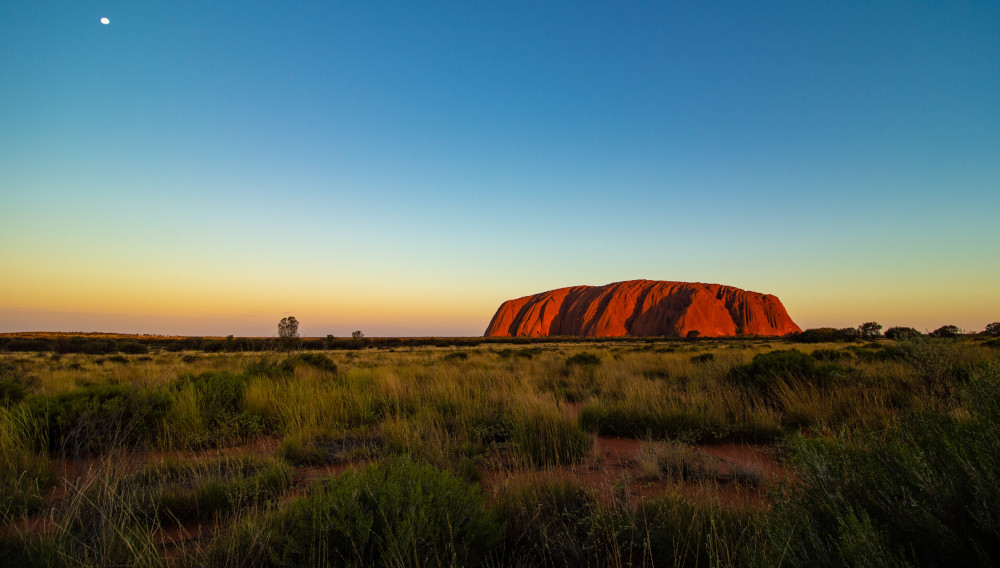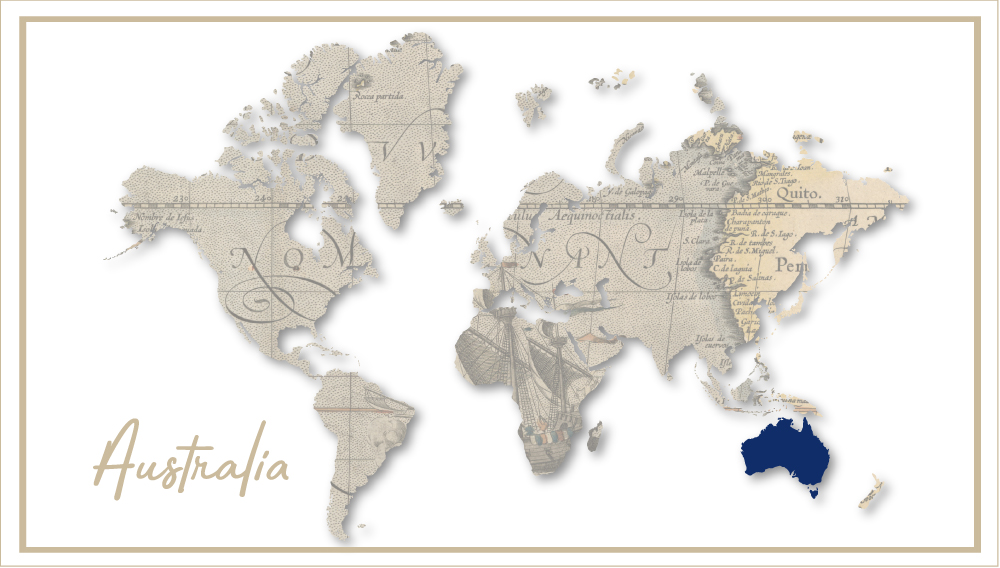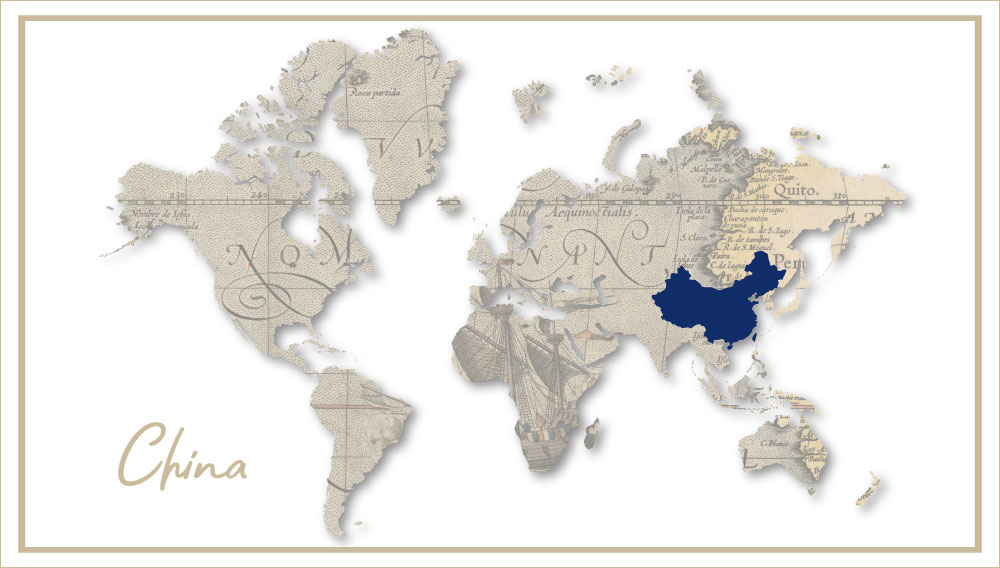Israel | AB-InBev plans to open a cybersecurity unit in Tel Aviv after an upsurge in hacking attacks. In recent times, AB-InBev has had to deal with various cybersecurity attacks.
South Korea | The government has decided to change its liquor tax system for the first time in 50 years, shifting from a price-based to volume-based system.
Thailand | Two Dutch beer brands – Heineken and Bavaria – are actively promoting non-alcoholic beers to capture growth amid a stagnating beer market as consumers become more health-conscious.
Australia | Coopers Brewery, Australia’s largest family-owned brewery, is currently searching for the nation’s best homebrewer through its Master of the Brewniverse competition.
Australia | We should be told: Why has BrewDog decided to scale back its Brisbane brewery from what had been previously announced? BrewDog co-founder Martin Dickie said at the recent AGM that the 25-hl plant will be operational by the end of the year.
Australia | The country’s major brewer, CUB, which is owned by AB-InBev, has launched a new advertising campaign, hoping to make adults switch from sugary soft drinks to its non-alcoholic beer Carlton Zero.
China | After months of rumour-mongering, AB-InBev has confirmed that it is seeking to list a minority stake in its Asian operations to create a separate business.
Australia | Coopers malting plant in Adelaide and The Swaen in the Netherlands won the award of Maltsters of the Year 2019 at the World Barley, Malt and Beer Conference, which was held in Warsaw, Poland, at the end of March 2019.
Australia | Seems like Lion is making lots of small entrepreneurs rich. It was kind of logical that Lion would push further into the craft spirits category after its recent 50 percent purchase of Four Pillars gin.
Australia | Are spirits the new beer? After AB-InBev snapped up a US distillery, Australia’s number two brewer, Lion, did not want to be left on the side-lines. The Kirin-owned brewer has bought a 50 percent stake in gin distiller Four Pillars. The transaction was announced on 22 March 2019, though financial details were not disclosed.




